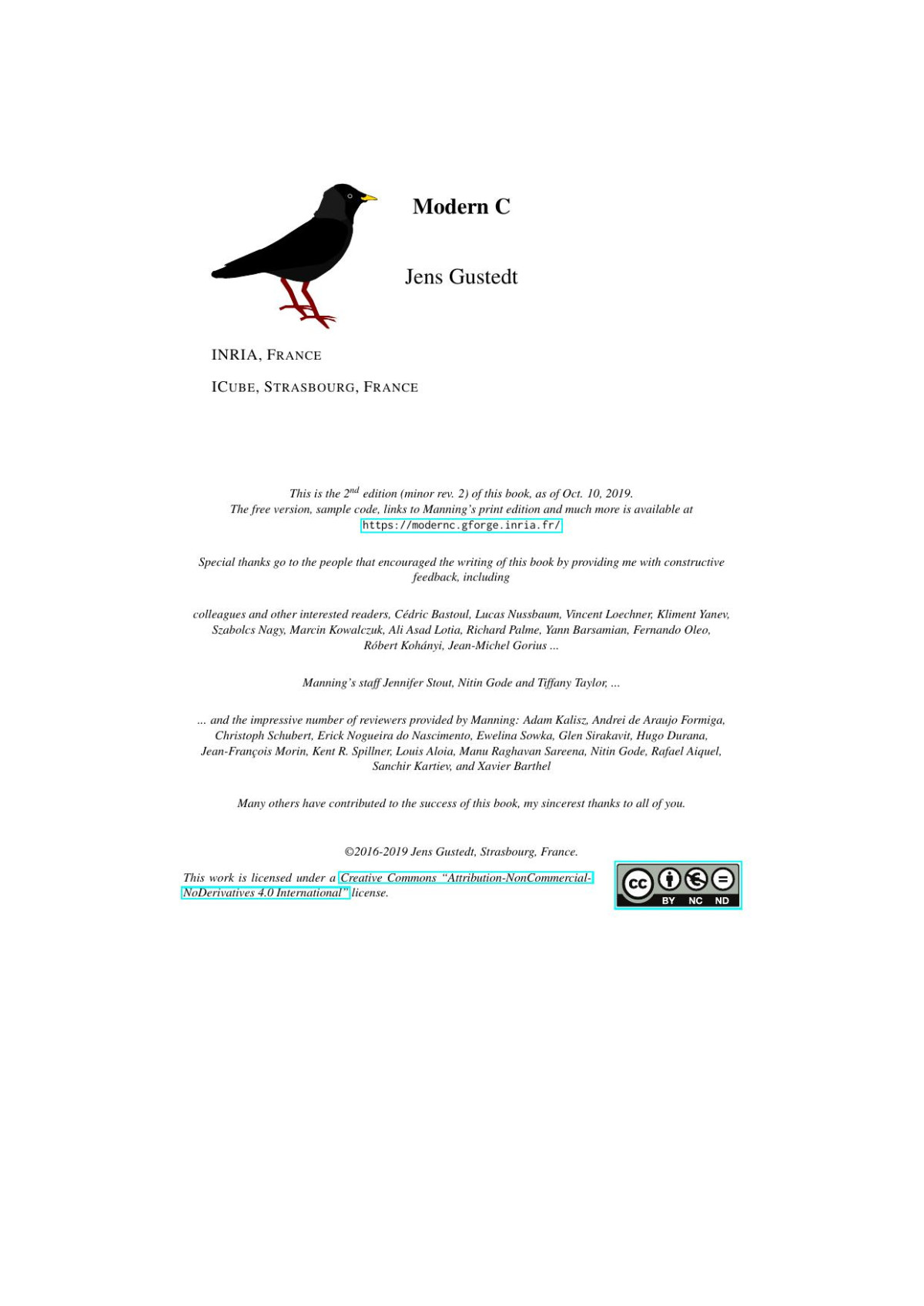

Most ebook files are in PDF format, so you can easily read them using various software such as Foxit Reader or directly on the Google Chrome browser.
Some ebook files are released by publishers in other formats such as .awz, .mobi, .epub, .fb2, etc. You may need to install specific software to read these formats on mobile/PC, such as Calibre.
Please read the tutorial at this link. https://ebooknice.com/page/post?id=faq
We offer FREE conversion to the popular formats you request; however, this may take some time. Therefore, right after payment, please email us, and we will try to provide the service as quickly as possible.
For some exceptional file formats or broken links (if any), please refrain from opening any disputes. Instead, email us first, and we will try to assist within a maximum of 6 hours.
EbookNice Team

Status:
Available4.5
21 reviews In contrast to the ubiquitous presence of C programs and systems, good knowledge
of and about C is much more scarce. Even experienced C programmers often appear to
be stuck in some degree of self-inflicted ignorance about the modern evolution of the C
language. A likely reason for this is that C is seen as an "easy to learn" language, allowing
a programmer with little experience to quickly write or copy snippets of code that at least
appear to do what it’s supposed to. In a way, C fails to motivate its users to climb to higher
levels of knowledge.
This book is intended to change that general attitude, so it is organized in levels that
reflect familiarity with the C language and programming in general. This structure may
go against some habits of the book’s readers; in particular, it splits some difficult subjects
(such as pointers) across levels in order to not swamp readers too early with the wrong
information. We’ll explain the book’s organization in more detail shortly.
Generally, although many universally applicable ideas will be presented, that would
also be valid for other programming languages (such as Java, Python, Ruby, C# or C++)
the book primarily addresses concepts and practices that are unique to C or are of particular
value when programming in the C language.
This is the 2nd edition (minor rev. 2) of this book, as of Oct. 10, 2019.
The free version, sample code, links to Manning’s print edition and much more is available at
https://modernc.gforge.inria.fr/